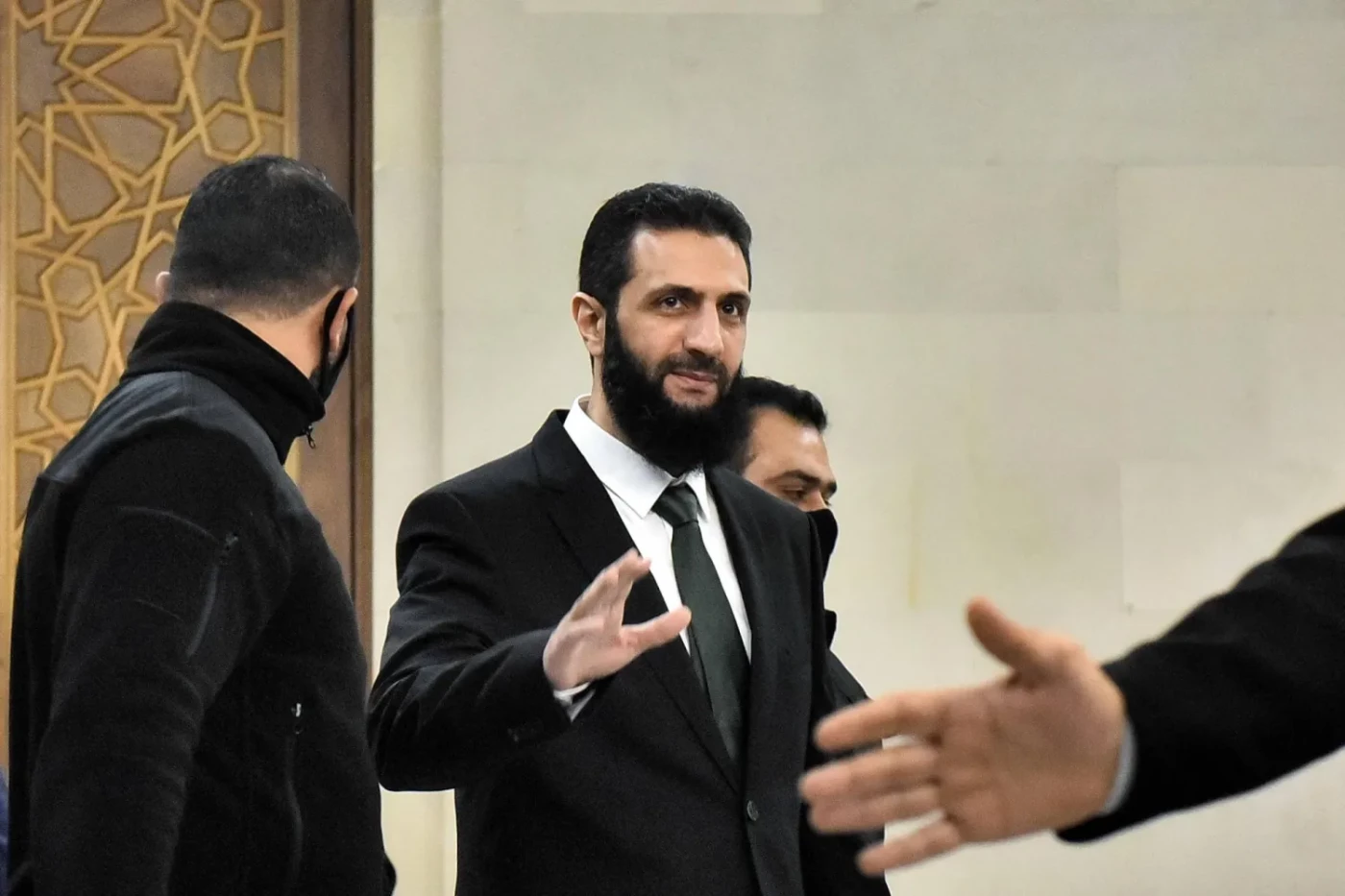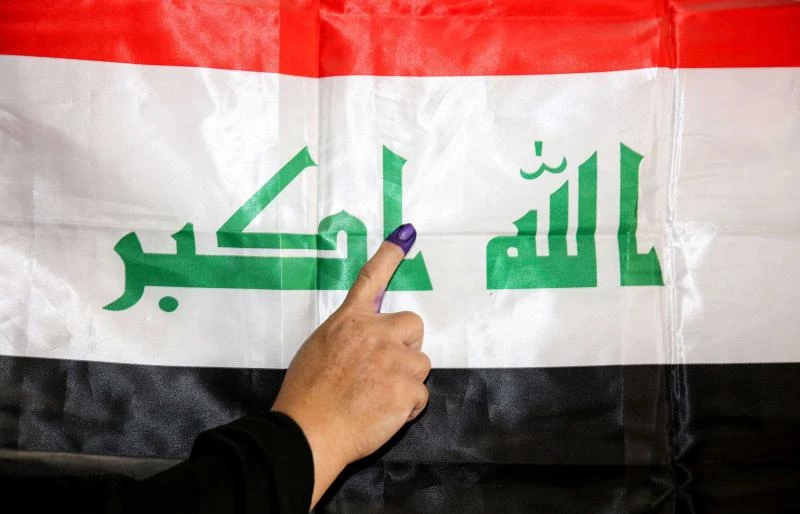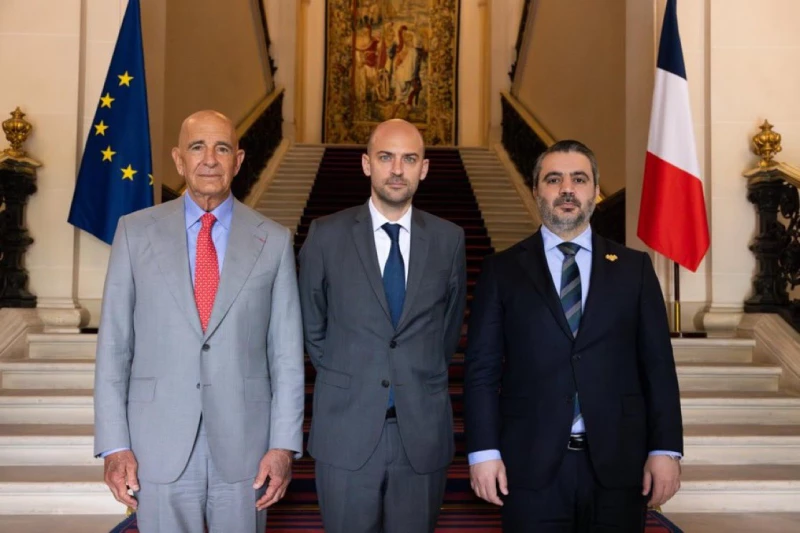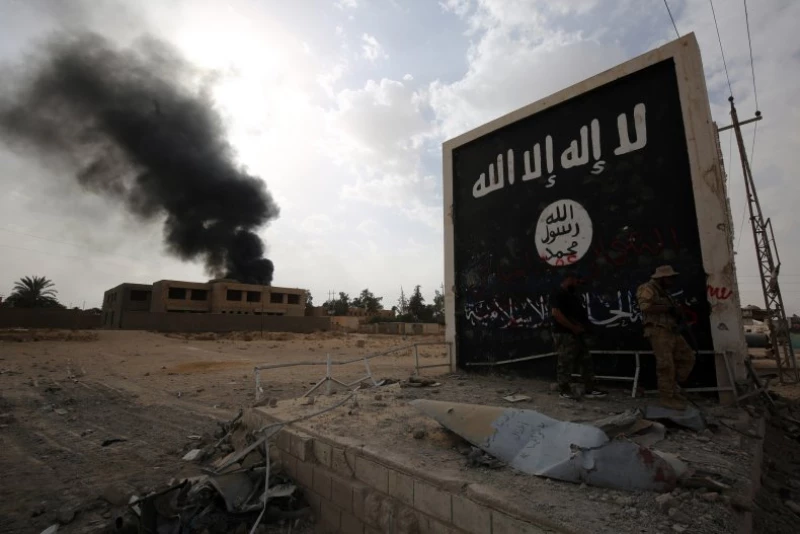ERBIL, Kurdistan Region of Iraq – Syria’s parliamentary elections are set to be held between September 15 and 20, with Syrian President Ahmed al-Sharaa personally appointing one-third of the legislature’s total seats, an electoral official told Syrian state media on Sunday.
“The electoral process to select members of the People's Assembly is expected to take place between September 15 and 20, and women's participation in the electoral bodies will reach at least 20 percent,” Chairman of Syria's Supreme Committee for Elections Mohammad Taha al-Ahmad told SANA on Sunday.
“The number of seats in the People's Assembly will increase from 150 to 210, thus increasing the province’s share according to the 2011 population census,” said Ahmad, adding that “the president will appoint 70 of these members.”
Ahmad’s remarks came a day after the committee met with Sharaa on Saturday, where they briefed the Syrian president on the results of their discussions with the different segments of Syria's diverse ethnoreligious makeup. During the Saturday meeting, Sharaa underlined “the necessity of excluding…those who call for division, sectarianism, and denominationalism,” said Ahmad.
Since assuming power, the Damascus government has run into issues, and indeed violent clashes, with many of Syria's minority components; Sharaa’s government has yet to see eye to eye with the Kurdish factions, including the Kurdish-led Syrian Democratic Forces (SDF), over the future model of governance of Syria. Syrian security forces, meanwhile, have engaged in military conflicts with both the Alawites and the Druze that have given rise to allegations of sectarian atrocities.
The UK-based Syrian Observatory for Human Rights (SOHR) on Monday tallied over 1,260 total dead since the breakout of armed hostilities in the vicinity of Syria’s Druze-majority Suwayda on July 13. The tally included 505 Druze fighters and 298 Druze civilians, 194 of whom were "summarily executed by defence and interior ministry personnel.”
Four months prior to the Suwayda conflict, in early March, violent clashes erupted between Syrian security forces and loyalists of ousted former President Bashar al-Assad along the western coast of the country, after 16 security personnel were killed in an ambush by pro-Assad militants.
The incident prompted a retaliatory response from the security forces, killing over 1,700 civilians accused of siding with the insurgents, including women and children, according to the Syrian Observatory for Human Rights (SOHR). The violent spree was widely condemned by multiple countries and regional and international bodies. The Syrian government verified over 1,400 deaths from the violent episode later in July.
Given the skirmishes between the central government and minoritities, many have sought a greater degree of decentralized governance in Syria to allow greater local autonomy for non-Sunni Arabs.
In late April, Kurdish factions gathered for a Kurdish Unity Conference that saw the endorsement of a 26-article declaration calling for a decentralized Syria and the unification of Kurdish regions within a federal framework.
The Syrian presidency rejected the call for federalism a day later in a statement, accusing the SDF of undermining a March deal between the two sides to incorporate the Kurdish forces into Syria's state institutions by promoting federalism and creating “a separatist reality on the ground.”
The statement rejected "any attempts to impose a divisive reality or establish separate entities under the guise of federalism or self-administration without broad national consensus.”


 Facebook
Facebook
 LinkedIn
LinkedIn
 Telegram
Telegram
 X
X



